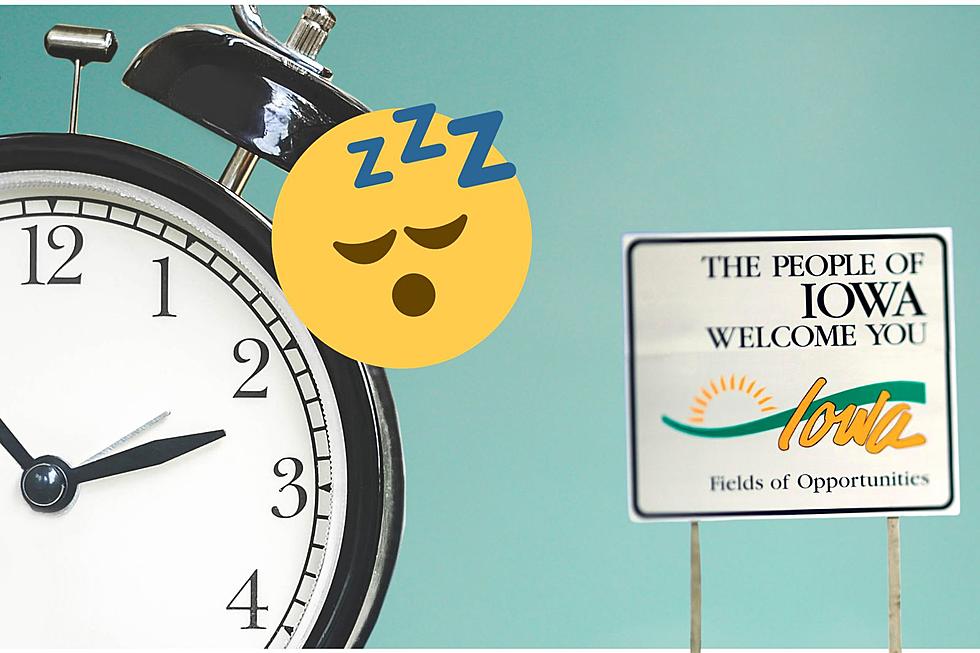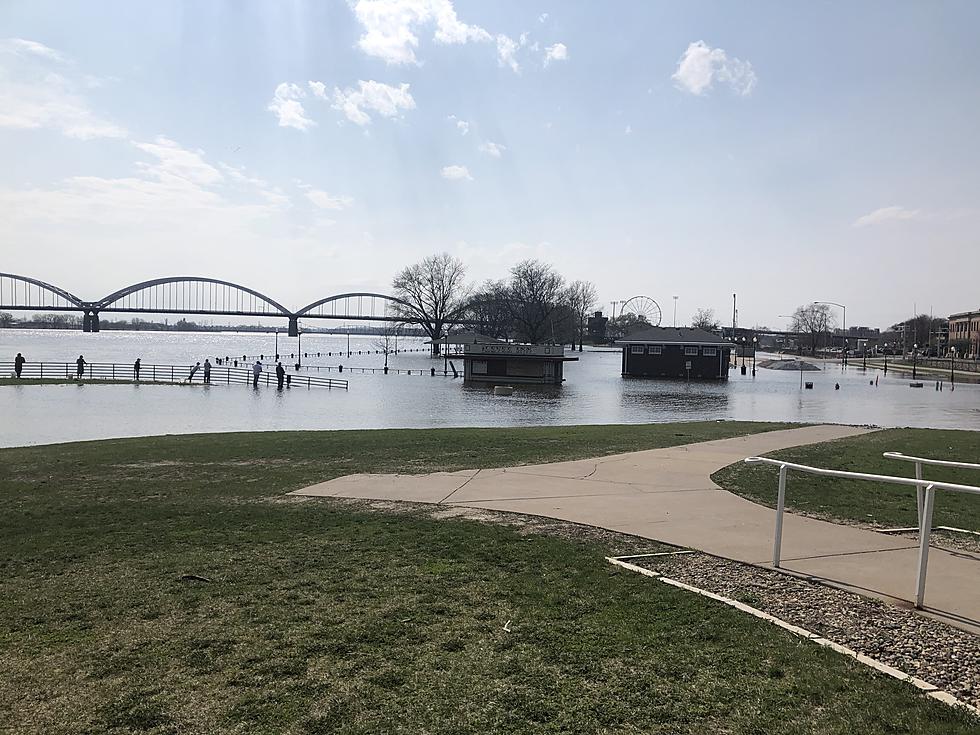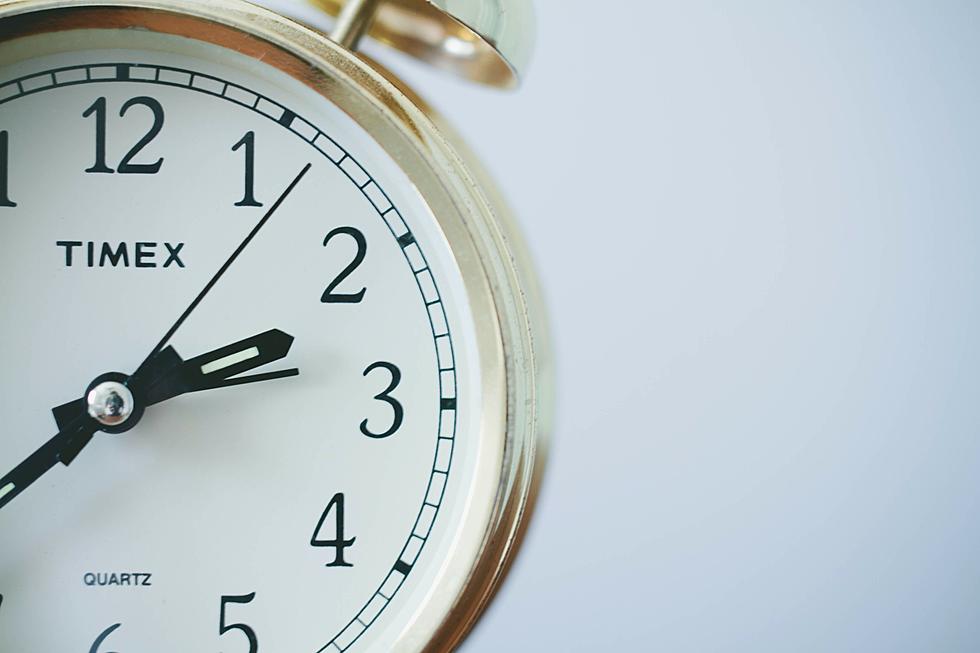![The Time is Now to End Daylight Saving Time [WATCH]](https://townsquare.media/site/675/files/2022/03/attachment-alarm.jpg?w=980&q=75)
The Time is Now to End Daylight Saving Time [WATCH]
This is the weekend that we 'Spring Forward'. Yes, it is the beginning of Daylight Saving Time. Unlike the fall when we gain an hour of sleep, this time around we lose one. There is aging support nationwide on getting rid of the going back and forth and the time changes. Some states what standard time year-round. Other states, including Iowa, would like Daylight Saving Time year-round. One thing is for certain. The back and forth is doing real damage to our health and well-being.
You know how it feels when you wake up from a night of not sleeping well. You feel groggy all day long. You're exhausted, even though you slept all night. Every year, our nation experiences two weeks full of people feeling this way due to the time changes. According to Psychology Today, it can take up to two weeks to get fully adjusted after a time change. But studies show that the change to Daylight Saving Time is the most dangerous.
Psychology Today reports that car accidents increase significantly the week after the change to Daylight Saving Time. Eventually, the numbers do return to normal. However, research shows that during the fall switch, the one when we get MORE sleep, accidents don't increase. Cognitive accidents also go up during the switch to Daylight Saving Time.
Another negative effect of Daylight Saving Time? Heart attacks. Psychology Today says that suddenly having your body and heart awakened an hour earlier than normal isn't healthy. The increase for heart attacks last around 2 days after making the time change. All of these facts add up to one undeniable fact. Time changes aren't healthy, especially the one coming up this weekend. Let's stop trying to time travel two times a year. You just might actually live longer if we stop.
KEEP READING: 15 Natural Ways to Improve Your Sleep
KEEP READING: See 25 natural ways to boost your immune system
More From US 104.9









